The Unfolding Landscape of Artificial Intelligence Trends 2025
Estimated reading time: 15 minutes
Key Takeaways
- The year 2025 is poised to witness a seismic shift in artificial intelligence trends 2025, moving AI from an experimental tool to an indispensable element of global operations and daily existence.
- This post explores revolutionary trends, significant advancements, and an essential outlook on key AI technologies.
- We will delve into the **essential AI technology outlook 2025**, highlighting critical developments.
- The overarching research finding is: “The artificial intelligence landscape is undergoing a profound transformation as we move through 2025, with breakthrough innovations reshaping how businesses operate and how technology serves humanity. The convergence of advanced reasoning capabilities, autonomous AI agents, and unprecedented computational power is creating opportunities that seemed like science fiction just years ago.” [Source]
- Key areas include understanding the **essential AI technology outlook 2025** and the impact of **revolutionary AI innovations changing world** [Source].
- The rapid pace of **artificial intelligence breakthroughs 2025** [Source] necessitates staying informed.
Table of contents
- The Unfolding Landscape of Artificial Intelligence Trends 2025
- Key Takeaways
- Revolutionary AI Trends 2025: Beyond the Horizon
- Top AI Advancements 2025: Unpacking the Breakthroughs
- AI Breakthroughs in Quantum Computing: A Paradigm Shift
- Essential AI Technology Outlook 2025: Staying Ahead of the Curve
- Navigating the Future: Implications of Artificial Intelligence Trends 2025
- Frequently Asked Questions
The year 2025 is rapidly approaching, and with it, a monumental shift in the realm of artificial intelligence. We are moving beyond AI as a niche technology or an experimental phase. Instead, AI is set to become deeply embedded in the fabric of our global operations and daily lives. The evolution is not just incremental; it’s transformative. This post will dive into the most significant **artificial intelligence trends 2025** [Source], exploring the **revolutionary AI innovations changing world** [Source] and providing a crucial outlook on the **essential AI technology outlook 2025** [Source]. The convergence of advanced reasoning, autonomous agents, and powerful computational resources is paving the way for capabilities that were once confined to the pages of science fiction. Prepare to witness the profound impact of **artificial intelligence breakthroughs 2025** [Source] as they reshape industries and enhance human potential.

Revolutionary AI Trends 2025: Beyond the Horizon
As we venture into 2025, the landscape of AI is marked by truly revolutionary AI trends 2025 [Source] that are fundamentally altering how we interact with technology and conduct business. One of the most striking shifts is the exponential growth in the usage of Generative AI. What was once a nascent technology has rapidly matured; its adoption among business leaders has surged from a mere 55% to an impressive 75% in just one year. This indicates a profound transition from cautious experimentation to widespread integration and reliance. [Source]
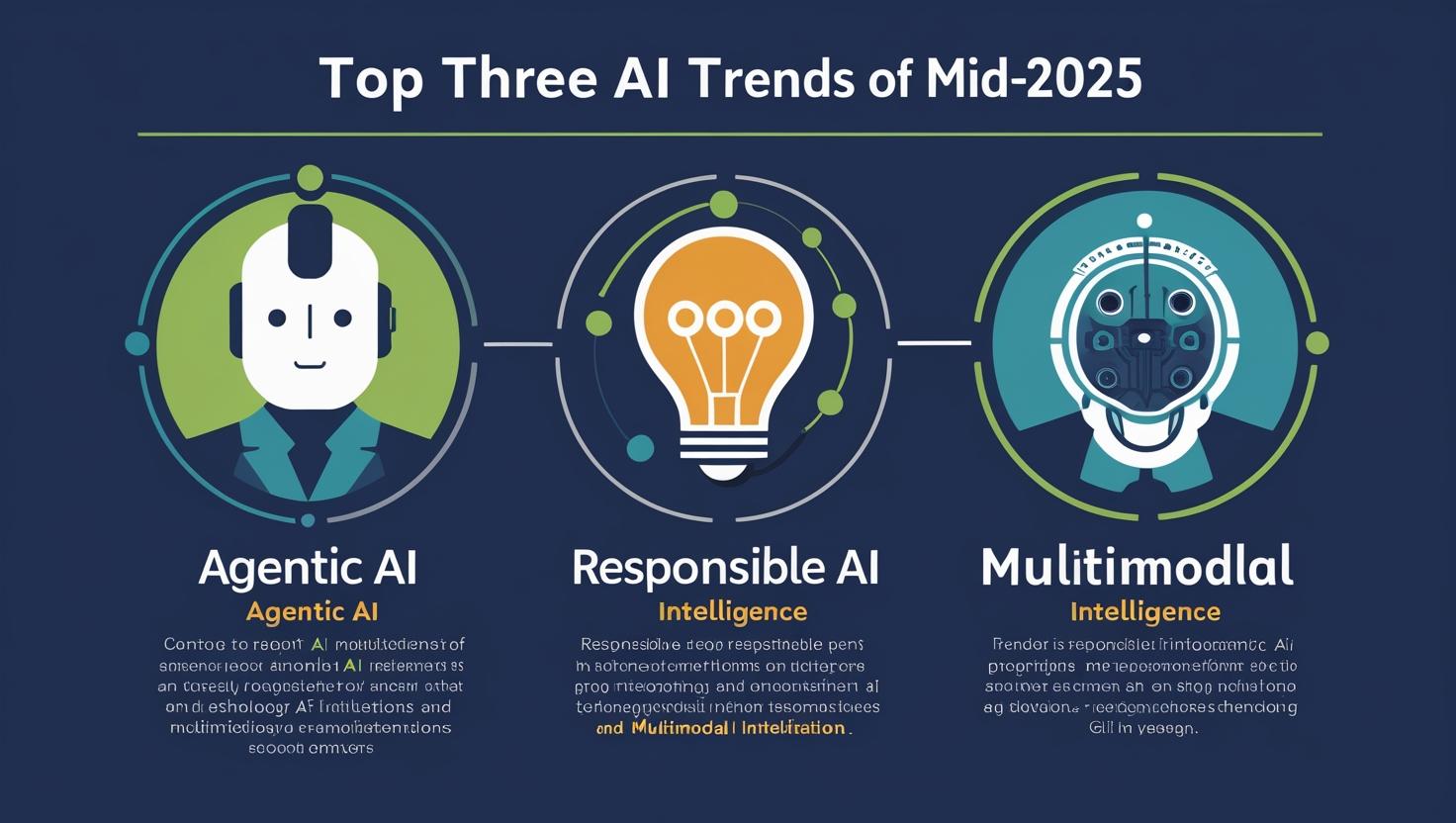
Enterprises are no longer just exploring AI; they are demanding tangible outcomes. There’s an intensified focus on optimizing performance, maximizing profitability, and ensuring robust security from their AI investments. This heightened expectation is a testament to the increasing maturity and criticality of AI within business strategies. [Source]
A significant development on the horizon is the emergence of advanced reasoning capabilities. Models are evolving from pattern recognition to genuine problem-solving. Innovations like OpenAI’s o1 exemplify this leap, enabling AI systems to tackle complex challenges using logical, multi-step thinking. The implications are vast, promising to revolutionize fields such as scientific research, software development, advanced mathematics, legal analysis, and medical diagnostics. [Source]

Parallel to this, we are witnessing the democratization of AI platforms. Leading technology companies are strategically prioritizing customer needs, making sophisticated AI capabilities accessible to businesses of all sizes. This leveling of the playing field ensures that innovation is not confined to tech giants but can flourish across the entire economic spectrum. [Source]
Another pivotal trend is the rise of Agentic AI. In 2025, AI-powered agents will operate with unprecedented autonomy. These agents will proactively manage workflows, execute complex tasks, and make decisions with significantly reduced human oversight, ushering in a new era of intelligent automation. [Source]

These **revolutionary AI trends 2025** [Source], including advancements in generative AI, sophisticated reasoning, accessible platforms, and autonomous agents, collectively point towards a future where AI is not just a tool, but a pervasive and intelligent partner in progress. Explore the latest on Agentic AI trends 2025 [Source] and understand the nuances of agentic vs. generative AI [Source].
Top AI Advancements 2025: Unpacking the Breakthroughs
Beyond the overarching trends, several specific and groundbreaking top AI advancements 2025 [Source] are poised to make a substantial impact in the coming year. A key area of progress is in model efficiency and specialization. While frontier models continue to push the boundaries for general-purpose tasks, there’s a growing realization that highly specialized models, tailored for specific needs, offer remarkable performance gains. Microsoft’s Phi family of models is a prime example, demonstrating how access to high-quality, curated data can significantly enhance the capabilities of smaller, more efficient models. [Source]
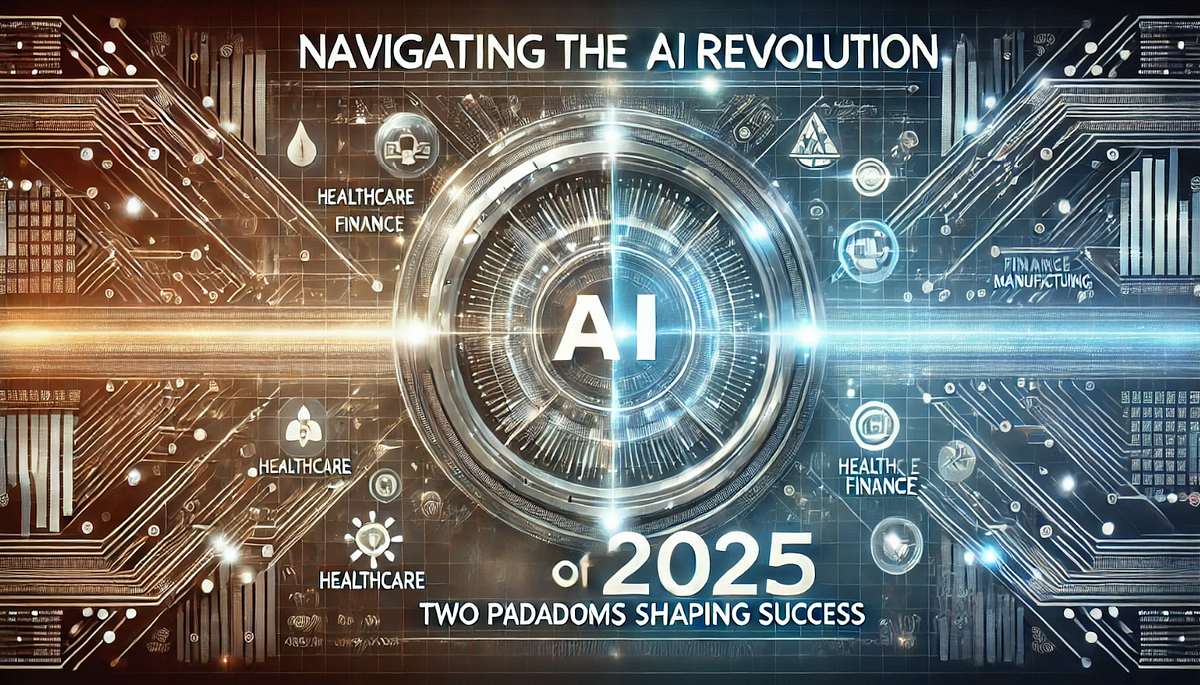
The field of synthetic data and post-training techniques is also experiencing a revolution. Research from Microsoft, with models like Orca and Orca 2, has shown that carefully generated synthetic data can be instrumental in training smaller language models to achieve performance levels that rival much larger, more complex systems, particularly for specialized tasks. This breakthrough has significant implications for efficiency and accessibility in AI development. [Source]
The hardware powering AI is undergoing rapid transformation, driven by custom silicon and chip innovation. Intense competition is fueling the development of specialized processors meticulously designed for AI reasoning tasks. This innovation promises not only faster processing speeds but also a significant reduction in energy consumption, making AI more sustainable and deployable in a wider range of applications. [Source] The implications for hardware are vast, with companies like AMD and Nvidia [Source] at the forefront, and even discussions around Huawei’s AI computing [Source] challenging existing paradigms.
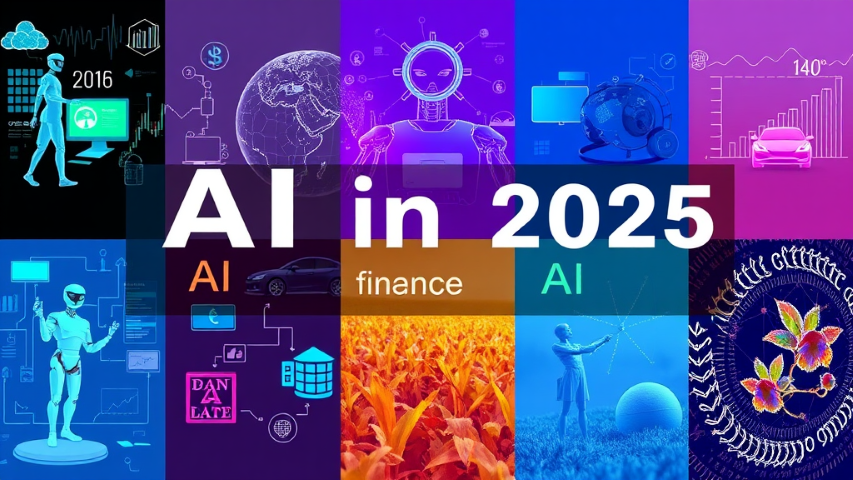
The trend of cloud migration and AI workloads continues to gain momentum. Hyperscale cloud providers are major beneficiaries as enterprises increasingly shift their AI initiatives to the cloud. This migration leverages the scalable, robust, and flexible infrastructure that cloud platforms offer, enabling organizations to deploy and manage AI solutions more effectively. [Source]
Finally, we are observing the rapid expansion of multimodal AI capabilities. These advanced systems are becoming adept at seamlessly processing and integrating information from various sources, including text, images, and video. This enhanced ability leads to more natural and intuitive human-computer interactions and unlocks new applications in fields as diverse as medical diagnosis, autonomous driving, and creative content generation. [Source] The future of AI is increasingly multimodal, with exciting potential in areas like generative AI transforming smartphones [Source].
AI Breakthroughs in Quantum Computing: A Paradigm Shift
The intersection of artificial intelligence and quantum computing represents a potentially paradigm-shifting frontier. The synergistic relationship between these two powerful fields promises to unlock unprecedented capabilities. AI is already demonstrating its transformative power in scientific research, particularly in fields like biomolecular science. Systems like Microsoft Research’s AI2BMD are revolutionizing protein design, enzyme engineering, and drug discovery through advanced AI-driven simulations. [Source]

Furthermore, AI is making significant contributions to sustainable materials design. By enabling rapid in silico testing and optimization of material properties, AI accelerates the discovery of new materials with desired characteristics, contributing to greener technologies and industrial processes. [Source]
The field of drug discovery and development is also being profoundly impacted. AI algorithms can identify promising drug candidates much faster, predict potential side effects with greater accuracy, and optimize the design of clinical trials, significantly reducing the time and cost associated with bringing new medicines to market. The recent advancements in AI for drug discovery, such as those highlighted by AlphaFold 3 [Source], are particularly noteworthy.

Beyond these areas, AI’s ability to process and analyze vast datasets is leading to dramatic improvements in complex domains like weather forecasting and climate modeling. By understanding intricate atmospheric patterns, AI can provide more accurate predictions and insights, crucial for addressing climate change. [Source]
The true potential is unlocked when these AI advancements are amplified by the power of quantum computing. Quantum computers, with their ability to handle exponentially complex calculations, can drastically accelerate these AI-driven simulations and problem-solving capabilities. This synergy means that the scope and complexity of scientific challenges that can be tackled will expand significantly, driving forward discoveries in medicine, materials science, and environmental sustainability. The exploration of **mind-blowing quantum breakthroughs** [Source] is intimately linked with the future of AI.
Essential AI Technology Outlook 2025: Staying Ahead of the Curve
As AI becomes more integrated into business operations, understanding the essential AI technology outlook 2025 [Source] is crucial for staying competitive. A growing area of focus is AI evaluation systems. As organizations deploy AI at scale, robust frameworks are needed to meticulously measure the efficacy of AI models and ensure a clear return on investment. [Source]

Explainable AI (XAI) continues to be a paramount concern. The demand for transparency in AI decision-making is intensifying, particularly in highly regulated industries where understanding the rationale behind AI outputs is not just beneficial but often a legal necessity. [Source]
The impact of AI-powered automation cannot be overstated. The global AI market is projected to reach significant figures, and a staggering 83% of companies prioritize AI in their business plans, underscoring its role in driving efficiency and innovation. [Source] This trend is driving the **impact of AI on digital transformation strategies** [Source] across all sectors.
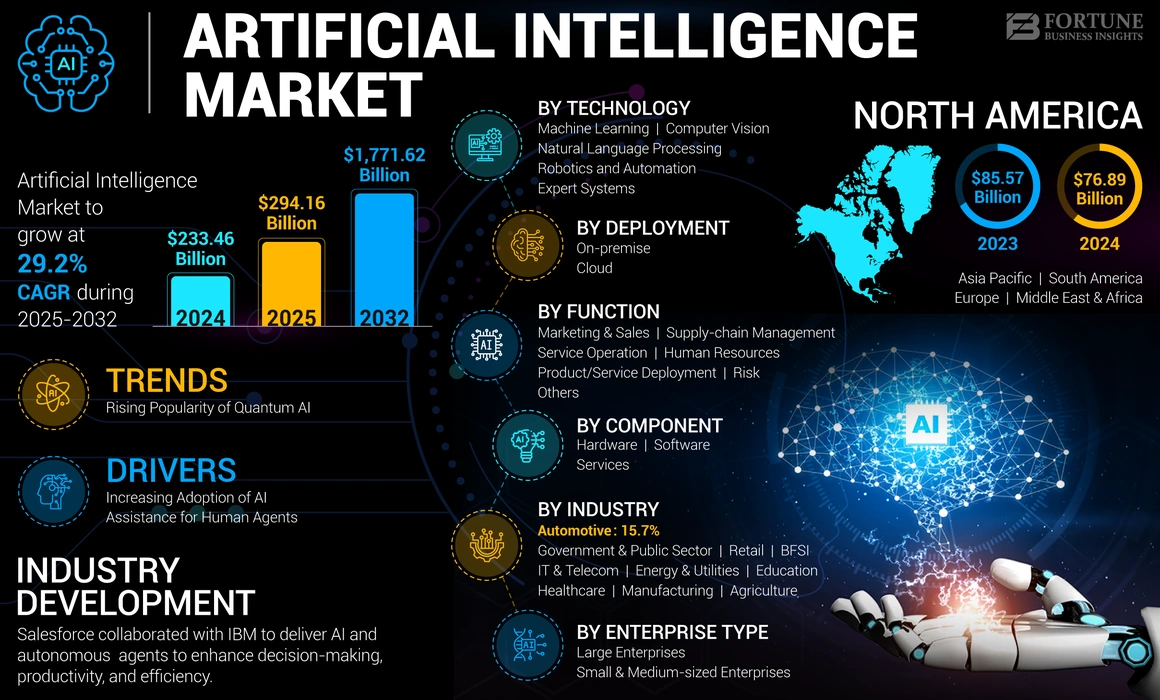
Edge AI computing is emerging as a critical technology, enabling real-time data processing directly at the source. This is vital for applications requiring immediate responses, such as autonomous vehicles, smart city infrastructure, and industrial IoT devices, reducing latency and enhancing operational capabilities.
Finally, robust AI security and governance frameworks are indispensable. As AI systems handle increasingly sensitive data and make critical decisions, implementing comprehensive security measures and governance protocols is paramount to protect against threats and ensure responsible, ethical deployment. The development of effective agentic AI governance frameworks [Source] is a key aspect of this.
Navigating the Future: Implications of Artificial Intelligence Trends 2025
The far-reaching implications of these evolving artificial intelligence trends 2025 [Source] are reshaping industries, transforming workforces, and influencing societal structures. Projections indicate a significant shift in the labor market, with an estimated 97 million people potentially working in AI-related roles by 2025. This necessitates a widespread increase in AI literacy across all sectors to ensure preparedness. The **impact of AI on jobs**, even in regions like the UK, is a critical consideration. [Source]
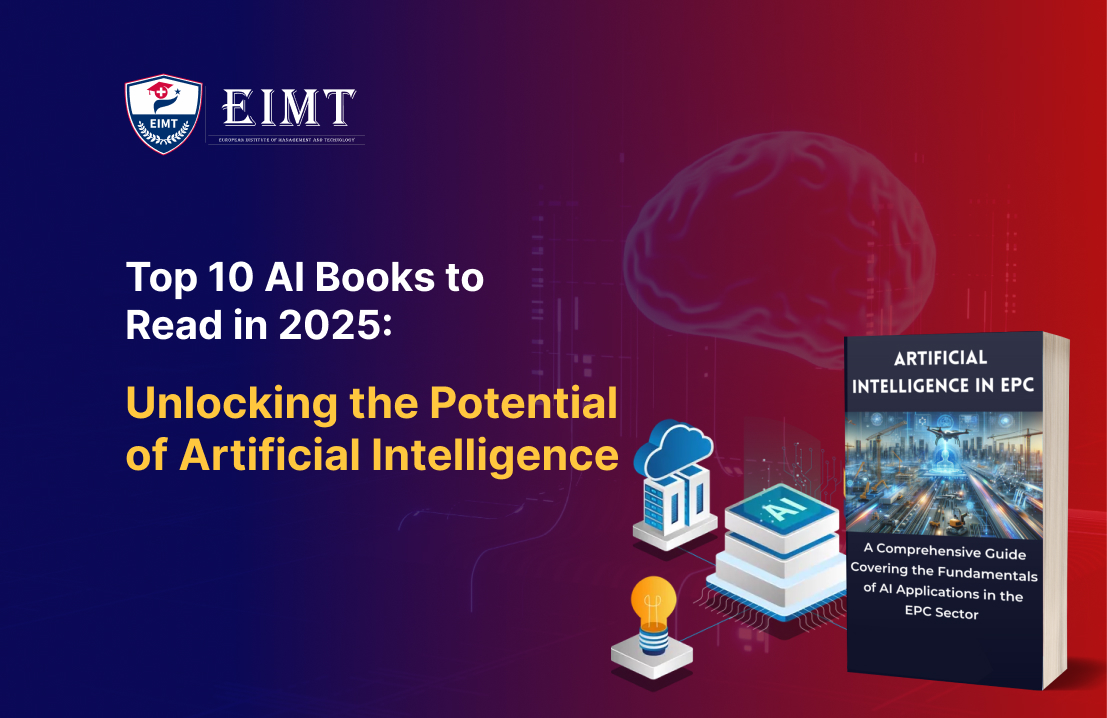
Industry disruption is accelerating. Companies like Netflix leverage AI recommendations to generate approximately $1 billion annually in revenue, showcasing AI’s direct economic impact. Furthermore, AI is increasingly being adopted in critical fields like medical diagnostics, with 38% of healthcare providers already integrating AI solutions. The broader impact of AI on business operations [Source] is profound, fundamentally changing how companies function.
The AI ecosystem is flourishing through the formation of robust partnership ecosystems. Collaboration across the entire AI value chain—from data providers and model developers to application integrators and end-users—is becoming essential for achieving success and driving innovation. [Source] This interconnectedness is key to navigating the complexities of AI deployment, as explored in how AI is transforming businesses [Source].

Despite the rapid advancements, challenges persist. Resource constraints and policy uncertainties remain significant hurdles. Issues such as power availability for massive data centers, access to crucial GPU hardware, and evolving regulatory landscapes require flexible and strategic approaches to AI development and deployment. [Source] Addressing these challenges is critical for sustainable AI growth.
Ultimately, the convergence of advanced reasoning capabilities, autonomous AI agents, and groundbreaking scientific discoveries is creating a dynamic AI ecosystem. This ecosystem is not just about technological advancement; it’s about developing tools and solutions capable of tackling some of the world’s most pressing challenges, from climate change [Source] to healthcare. The overarching theme is that AI is changing the world [Source] in profound ways.
Frequently Asked Questions
Q1: What is the most significant artificial intelligence trend expected in 2025?
A1: The most significant trend is the deep integration of AI from an experimental tool to an indispensable element across global operations and daily life, driven by advancements in reasoning, autonomous agents, and computational power. This is encapsulated within the broader **artificial intelligence trends 2025** [Source].
Q2: How is Generative AI evolving in 2025?
A2: Generative AI usage is surging, moving from experimentation to adoption. Enterprises are increasingly demanding optimized performance, profitability, and security from these advanced AI models. The future of **generative AI trends 2025** [Source] is focused on practical, high-impact applications.
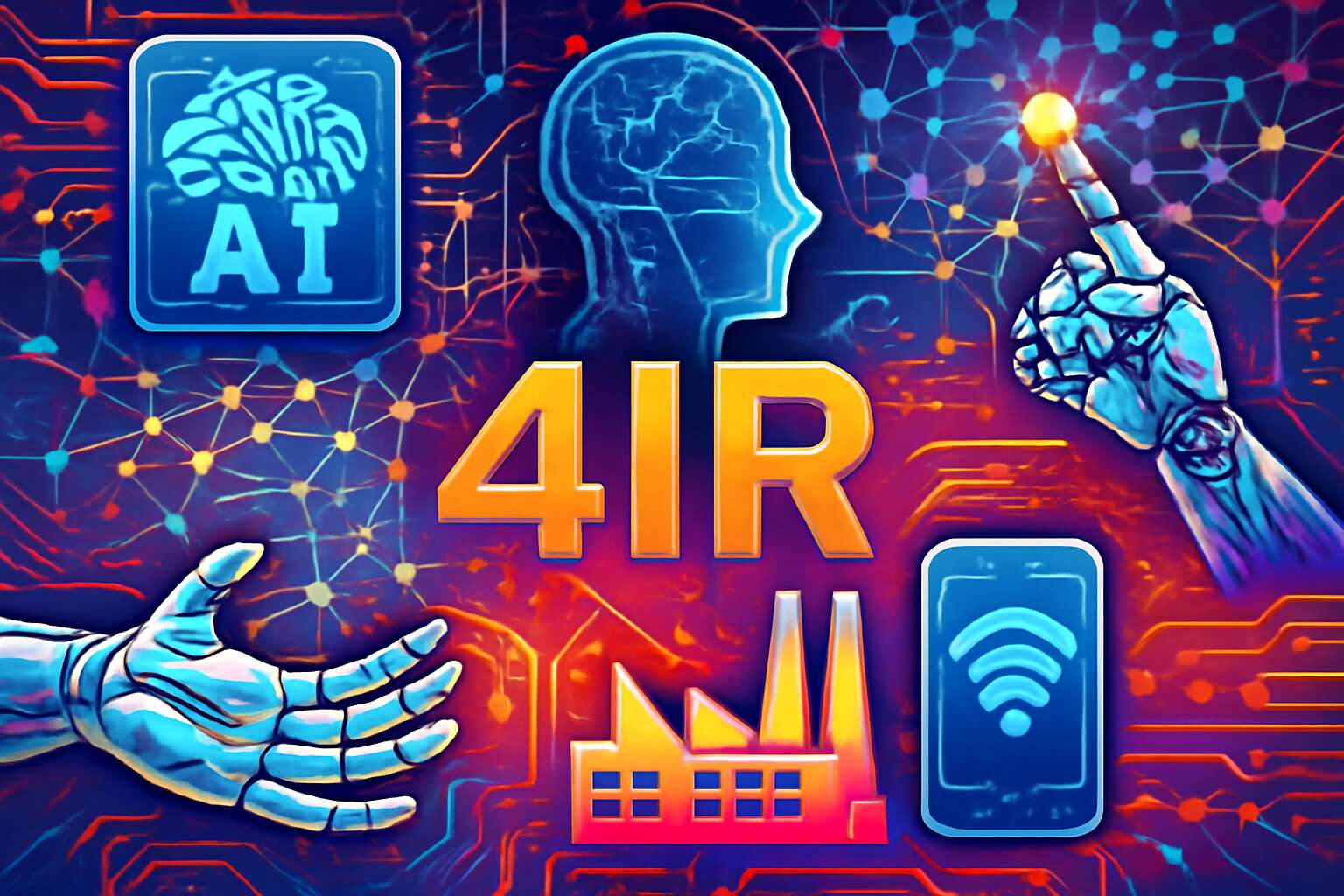
Q3: What are the key advancements in AI hardware?
A3: The development of **custom silicon and chip innovation** is a major advancement, with intense competition to create specialized processors for AI. This leads to faster processing, lower energy consumption, and more efficient AI deployments. The ongoing race between companies like AMD and Nvidia [Source] highlights this critical area.
Q4: How will AI impact the workforce by 2025?
A4: AI is projected to create new roles and necessitate a higher level of AI literacy across all sectors, leading to significant **workforce transformation**. Understanding the **impact of AI on UK jobs** [Source] provides insight into these global shifts.

Q5: What role does quantum computing play in AI breakthroughs?
A5: Quantum computing has the potential to amplify AI breakthroughs, enabling more complex simulations and problem-solving in areas like biomolecular science, materials design, and drug discovery. This synergy is key to achieving **revolutionary AI innovations** [Source].
Q6: Why is AI security and governance becoming more important?
A6: With AI systems handling sensitive data and making critical decisions, robust **AI security and governance frameworks** are essential to protect against threats, ensure ethical deployment, and maintain trust. This is a core component of the **essential AI technology outlook 2025** [Source].



